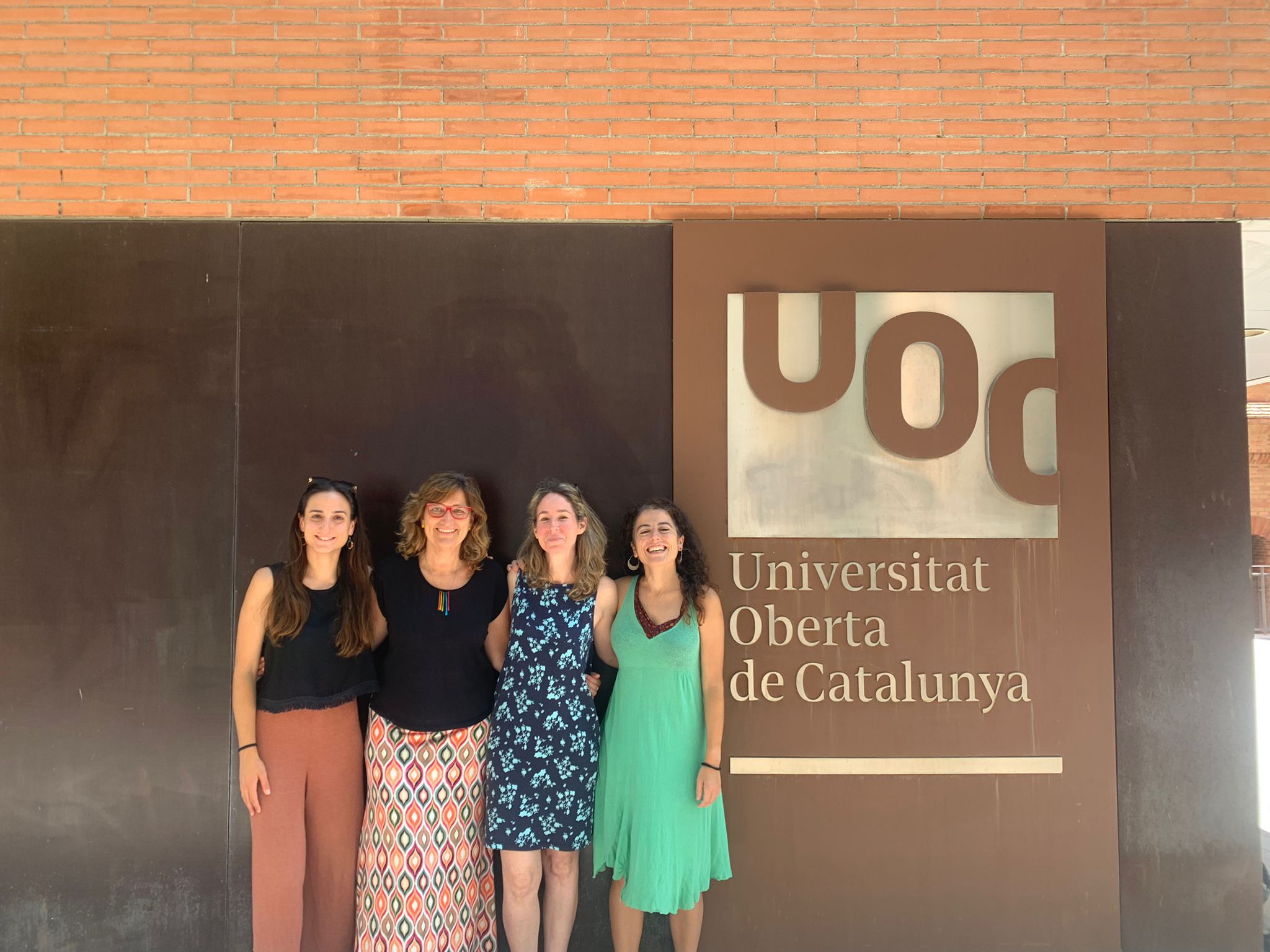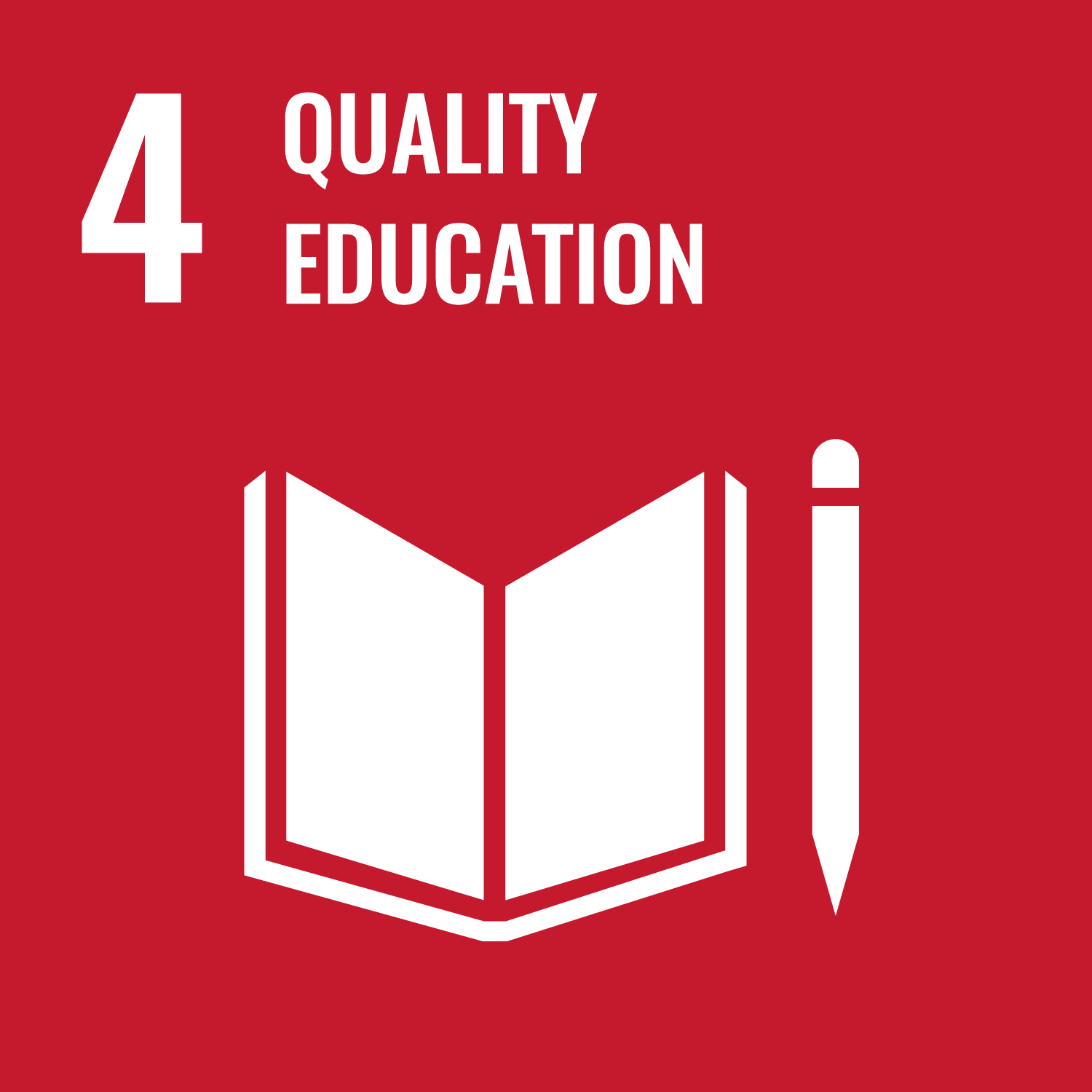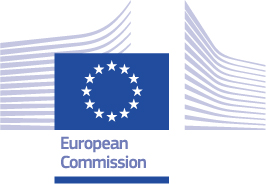CATA-Earth, university education to tackle climate change and the global environmental crisis in Southeast Asia
Two European universities – Utrecht University and the UOC – and four Asia-Pacific universities are involved in the Erasmus+ project, which is funded and promoted by the EUIts aim is to create greater capacity for developing and delivering planetary health education that is co-created with communities in climate-vulnerable regions in Asia

Southeast Asia is one of the world's most vulnerable regions to the effects of climate change. Rising sea levels, increasingly severe heat waves and natural disasters (such as torrential rain, cyclones and floods) are threatening people's lives, causing diseases and forcing thousands to migrate. In view of this, there is a crucial and urgent need to educate local populations in affected countries about planetary health, which studies the connection between human health and the environmental disruption caused by human action.
This is the aim of CATA-Earth (Catalysing Transformative Change in Planetary Health Education), an Erasmus+ project funded and driven by the EU, involving six universities from the Netherlands, Spain, Bangladesh and Indonesia and four local organizations from the Asia-Pacific region.
The idea originated from UMC Utrecht in the Netherlands, which reached out to the UOC (Universitat Oberta de Catalunya), a pioneer in the field of planetary health research and teaching worldwide, to carry out the project in these regions in an innovative way that takes account of local circumstances. The UOC is the only Spanish university involved in the project.
“The goal is for anyone, anywhere in the world, to be able to take the package and the repository of tools and resources we will develop, and create a course on planetary health”
Planetary health education
The CATA-Earth project was launched in January 2024 and will continue for 36 months. Its aim is to build capacity to design and implement innovative planetary health education that is co-created with the communities of climate-vulnerable regions in Asia, and to produce a new generation of professionals with planetary health knowledge and skills.
Specifically, the project seeks to establish a planetary health education framework and a set of resources to help launch four accredited planetary health courses – two at Indonesian universities and two at Bangladeshi universities – and a massive open online course (MOOC). All courses will reflect student priorities, local initiatives and projects and community input from each region. "All courses will be designed to address the environmental challenges specific to each place," said Ariadna Moreno, the project's manager at the UOC.
As a result, planetary health education will be included in higher education curricula for bachelor's degrees for which this is deemed appropriate, taking into account each community's needs and potential barriers. In addition, both community educators and teaching staff will be trained in planetary health teaching methodologies.
Overall, courses will be delivered to at least 80 students, and 40 teachers and community leaders will be trained to implement the planetary health curriculum in various areas.
The resources resulting from the project will be used to draw up a guide for the creation and implementation of these courses, which can be used by communities in other regions. "The ultimate goal is to enable anyone, regardless of their location, to use this kit and the tool and resource repository to create a course based on these materials," said Moreno.
Based on co-creation
One of the hallmarks of the CATA-Earth project is the local community's full involvement in the creation and implementation of its content. "Both global and local challenges are often tackled without considering the specific context of the affected communities. Our aim was to go beyond the realm of academia and involve society itself in the process, because communities are ultimately the ones that bear the brunt of climate change," said Cristina O'Callaghan, principal investigator of the BITAL (Barcelona Interdisciplinary Research Group on Planetary Health) research group at the UOC's Faculty of Health Sciences and co-director of the Joint University Master's Degree in Planetary Health (UOC, UPF, ISGlobal).
This is why co-creation strategies were put in place with members of the community from day one to identify the challenges faced by local communities from the outset. "Including everyone's opinion and viewpoint through co-creation processes is very valuable, because it gives people a voice," said Carme Carrin, a researcher at the eHealth Lab, who is also involved in the project. The UOC group is completed by Isabel Ruiz Mallen, an expert in transformative learning processes in environmental education, professor at the Faculty of Psychology and Education Sciences, and researcher at the Urban Transformation and Global Change Laboratory (Turba Lab) of the IN3.
"In Europe, we have extensive training on planetary health, but we often feed off the same ideas among ourselves. In contrast, being able to interact directly with these communities and exchange knowledge with them provides invaluable information for the project," agreed O'Callaghan, Carrion and Moreno.
Local voices
The project is structured into six work packages, each of which includes a European university working together with a university from the Asia-Pacific region and a local community. The first package focuses on establishing the educational framework for planetary health. The second includes courses on this matter in various curricula. The third focuses on training educators. The fourth will create a repository of all the materials developed under the project. The fifth relates to the management of the project. And, finally, the sixth covers the communication and dissemination of results. The UOC is actively involved in the first and third of these work packages, working in partnership with Universitas Indonesia and Universitas Gadjah Mada in Indonesia.
"We've developed a planetary health training framework tailored to the specific setting, i.e. one that takes local communities into account. We did this by working with local groups in Jakarta over the summer," said Moreno. She also added that the UOC is developing learning methodologies to train professionals in the region.
"For example, something new that came up in the co-creation sessions was the matter of spirituality, which we then worked on. It's something we hadn't thought about from our Western perspective," said O'Callaghan, highlighting the key importance of tailoring studies to the socio-cultural context of each region.
In addition to the UOC and UMC Utrecht, the Asian University for Women and Noakhali Science and Technology University in Bangladesh, as well as Universitas Indonesia and Universitas Gadjah Mada in Indonesia, are involved in the project.
This project supports United Nations Sustainable Development Goals (SDGs) 3, Good Health and Well-being; 4, Quality Education; 5, Gender Equality; 11, Sustainable Cities and Communities; and 13, Climate Action.
UOC R&I
The UOC's research and innovation (R&I) is helping overcome pressing challenges faced by global societies in the 21st century by studying interactions between technology and human & social sciences with a specific focus on the network society, e-learning and e-health.
Over 500 researchers and more than 50 research groups work in the UOC's seven faculties, its eLearning Research programme and its two research centres: the Internet Interdisciplinary Institute (IN3) and the eHealth Center (eHC).
The university also develops online learning innovations at its eLearning Innovation Center (eLinC), as well as UOC community entrepreneurship and knowledge transfer via the Hubbik platform.
Open knowledge and the goals of the United Nations 2030 Agenda for Sustainable Development serve as strategic pillars for the UOC's teaching, research and innovation. More information: research.uoc.edu.
Experts UOC
Press contact
-
Anna Sánchez-Juárez







